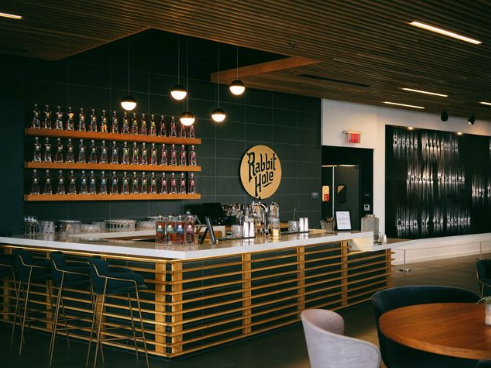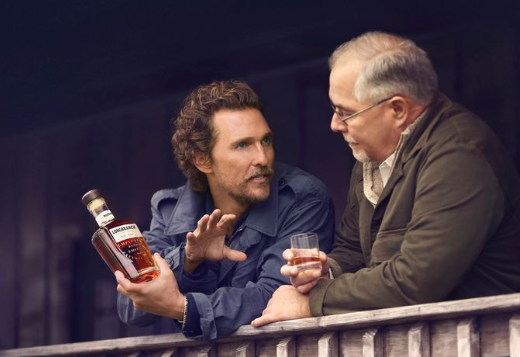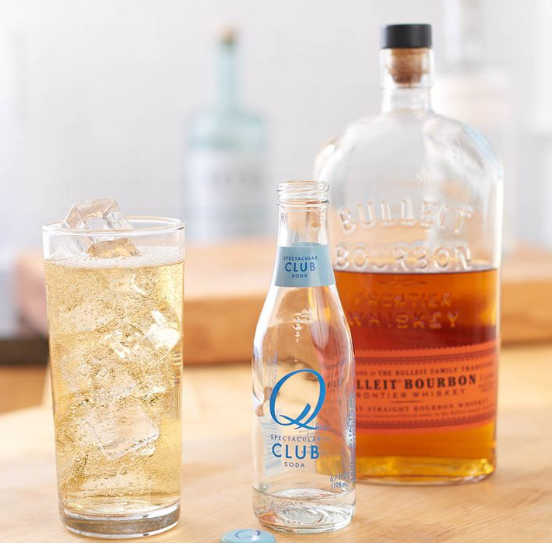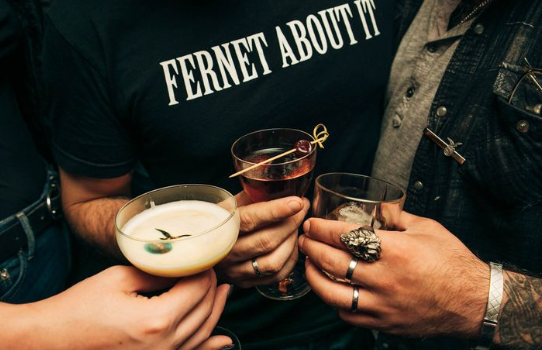A Decade Of Boozing Comes To A Close
As the decade comes to a close, what better time to look back and review which trends in alcohol made an impact - and which ones likely won't be sticking around for the 2020s.
Craft spirits caught on in a big way during the decade, according to Bloomberg. There were 195 independent craft distilleries in the U.S. in 2010 and that number rose to 1,586 by 2018. With handmade-style liquors becoming popular, major brands like Proximo and Remy Cointreau found themselves purchasing majority stakes in small distilleries.
Kaveh Zamanian, founder of Louisville, Kentucky’s Rabbit Hole Distillery, which was purchased in 2019 by Pernod Ricard said: “The benefit of a strategic partnership allows us to scale up in a meaningful way.”
Zamanian doesn't see the partnership as "selling out", but rather as an investment in his vision and path toward more product innovation.
Meanwhile, U.S. tariffs on European alcoholic products could continue to make the next year even better for domestic-made spirits. Additionally, the recently signed Craft Beverage Modernization Tax Reform Act provides distillers savings of $10.80 per gallon of the first 100,000 gallons produced.
Celebrity liquor also became popular in the 2010's, including "Born & Bred Vodka from Channing Tatum, Heaven’s Door Whiskey from Bob Dylan, Virginia Black Whiskey from Drake, Villa One Tequila from Nick Jonas, and even Ron de Jeremy spirits from porn star Ron Jeremy."
George Clooney also wound up selling his Casamigos tequila brand to Diageo for $1 billion in 2017. Actor Ryan Reynolds acquired part of Oregon's Aviation Gin in 2017, also.
Andrew Chrisomalis, CEO of Davos Brands, which owns Aviation, said: “Ryan is recruiting new fans to the gin category and to American gin in particular.”
Aside from ownership, some other actors took a different angle on things. Meanwhile, Matthew McConaughey was named "creative director" for Wild Turkey in 2016.
Julka Villa, managing director at Campari Group, which owns Wild Turkey said: “The decision to partner with Matthew was born out of a desire to share our rich, storied history with a younger bourbon consumer.”
In the decade ahead, eyes will also be on Aaron Paul and Bryan Cranston's "Dos Hombres" mezcal brand and Kate Hudson's gluten free, non-GMO corn-based vodka, "King Street".
The rise in premium spirits has also led to higher quality mixers. For instance, Fever Tree from the U.K., which makes mixers, was valued at $4.5 billion earlier this year. Other mixer companies will also be gaining traction in the upcoming decade.
Jordan Silbert, founder of Q Mixers in Brooklyn, New York said: “When we launched over 10 years ago, consumers in the know wanted to make great drinks and they began investing in premium spirits. It only made sense that mixing those better spirits with mixers of comparable quality and sophistication would make better drinks.”
Additionally, low alcohol drinks have also been a trend over the past decade, as we have highlighted before here on Zero Hedge.
Lynn House, national spirits specialist and portfolio mixologist for Heaven Hill said: “Spritzes and low alcohol session cocktails are a way for people to enhance a moment without the punch of a high proof spirit.”
The trend seems to be set for the upcoming decade: low alcohol fizzy and highball type drinks made with liquers won't be going away anytime soon, even though tariffs may have an impact on availability of some cordials.
Meanwhile, according to Nielsen, sales of hard seltzer like White Claw are up more than 208% in 2019.
There has also been a rise in bitter-style drinks that has coincided with the hop-heavy beer trend that started in the late 90's and early 2000's. Amor y Amargo, a bitters-focused cocktail bar in New York City, started as a pop-up bar in 2011 and has graduated to a full blown bar due to popular demand. It now has a second location in Williamsburg, Brooklyn, that it opened in 2019.
Nick Elozevic, co-owner of Diamond Dogs, a casual neighborhood bar in Astoria, Queens said: “Years of watching people like Anthony Bourdain on TV has expanded American consumers’ palates and appreciation for different flavors.”
Finally, the growth of cocktails on social media has helped contribute to their popularity outside of social media. Bright drinks and ridiculous glasses all make for good fodder on social media.
Liquor brands hire social media cocktail stylists like Josue Romeo to help in posting content. They also work with consultants like Alexandra Farrington to come up with eye-catching concepts that will grab people's attention on social media. Some bars even have their own budgets for "creative directors".
But looking into the 2020's, some are hopeful that the trend doesn't continue. "With constantly shifting algorithms and platforms such as Instagram experimenting with not posting “likes”, maybe we can all soon go back to sipping plain old glasses of wine—and not telling anyone about it," Bloomberg concludes.
https://ift.tt/366ujMu
from ZeroHedge News https://ift.tt/366ujMu
via IFTTT









0 comments
Post a Comment